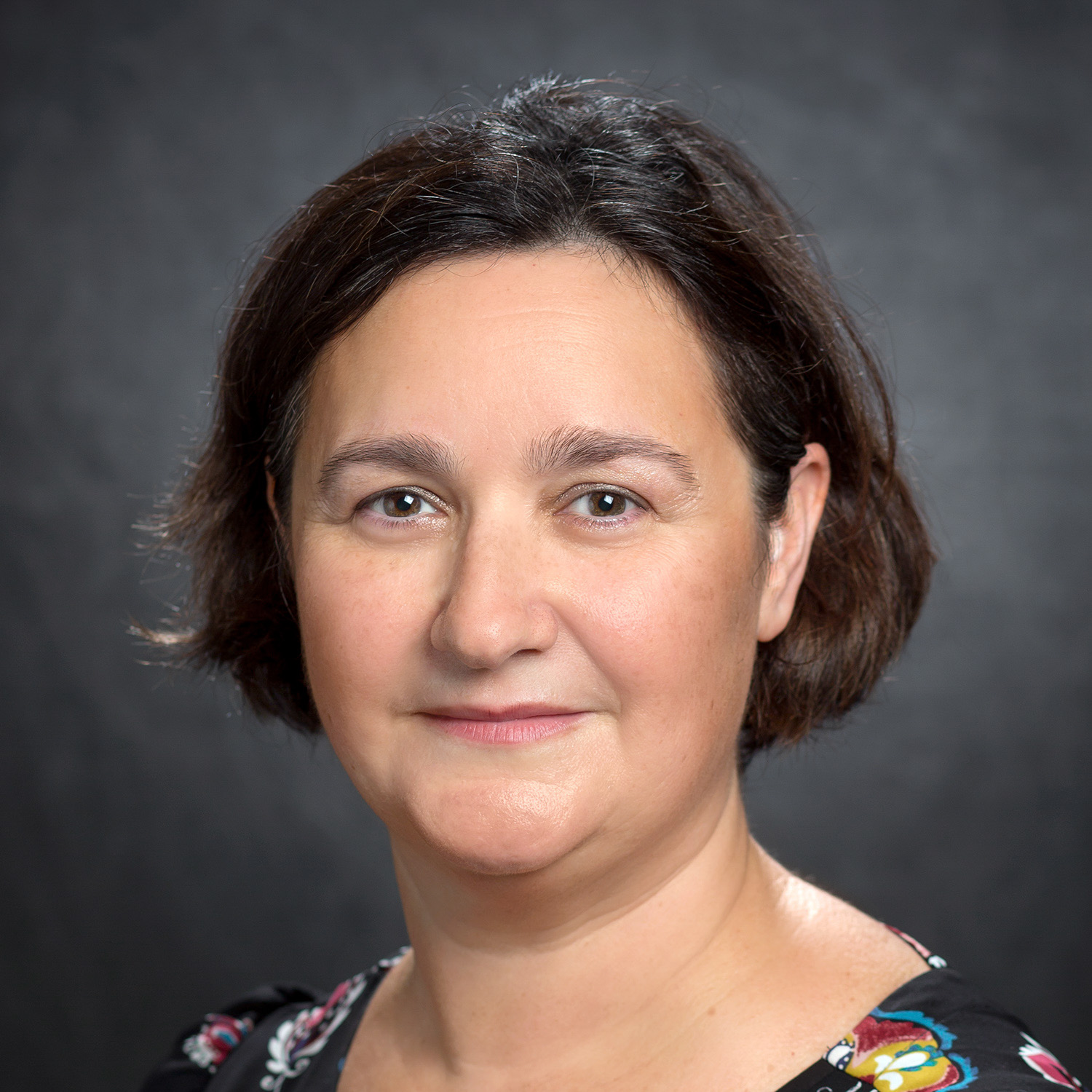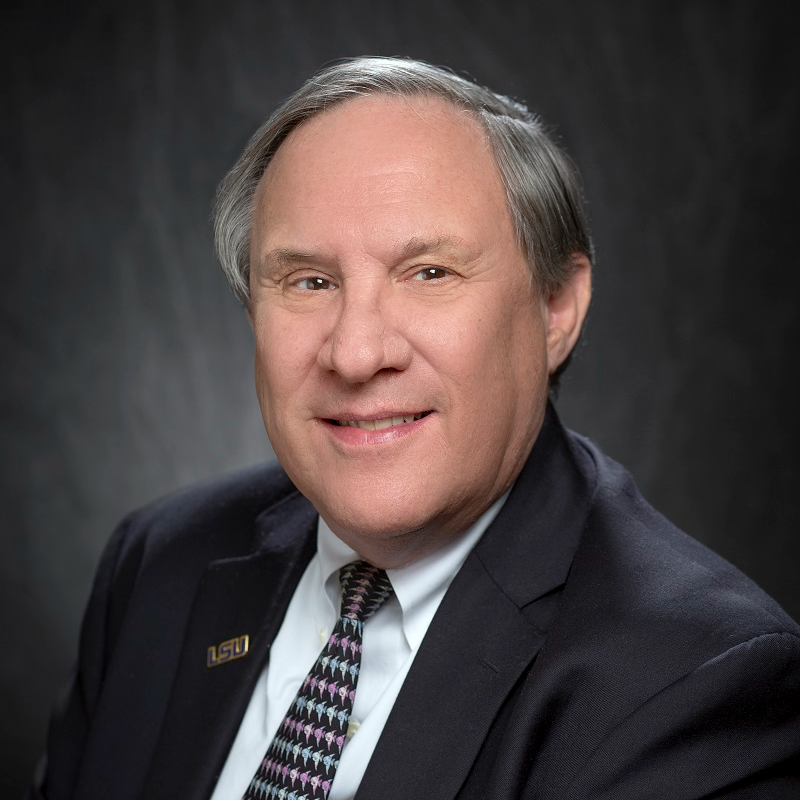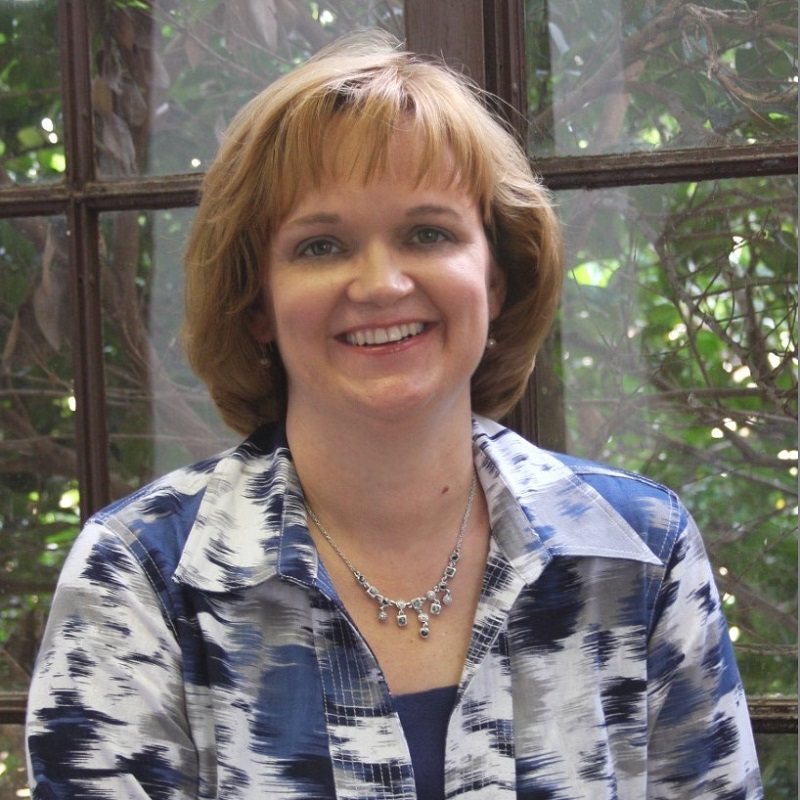CC&E Celebrates International Day of Women and Girls in Science
The United Nations has declared February 11 the International Day of Women and Girls in Science. On this special occasion, we take time to reflect and celebrate the accomplishments of the women students, faculty, and staff of LSU’s College of the Coast & Environment, or CC&E.
 According to Sibel Bargu, professor and associate dean of academics, “One of the things
that I enjoy about my job is seeing so many female students in our college at the
frontline of complex and constantly changing coastal and environmental challenges.
During Fall 2021, 68 percent of our undergraduate students and 48 percent of our graduate
students were women, and it has been wonderful to watch these students grow as they
serve in key leadership roles and help with community outreach activities.”
According to Sibel Bargu, professor and associate dean of academics, “One of the things
that I enjoy about my job is seeing so many female students in our college at the
frontline of complex and constantly changing coastal and environmental challenges.
During Fall 2021, 68 percent of our undergraduate students and 48 percent of our graduate
students were women, and it has been wonderful to watch these students grow as they
serve in key leadership roles and help with community outreach activities.”
“I am so impressed by the accomplishments of our faculty, one third of which is female, and we aim to increase that. These amazing women are incredible teachers in the classroom and are working day in and day out conducting environmental research in our state, in the Gulf, as well as elsewhere around the world,” said Chris D’Elia, professor and dean.
Their collective expertise extends from the deepest parts of the ocean all the way into the troposphere. Here are just a few examples.
CC&E’s women scientists are exploring the ecological and biogeochemical impacts of aquatic viruses that infect bacteria in hydrothermal vents—one of the most extreme environments on Earth. Closer to the ocean’s surface, they are leading the effort to understand the causes of low oxygen and acidification in coastal waters of the northern Gulf of Mexico, known as the “dead zone.” In fact, one contributor to the dead zone may be harmful algal blooms, or HABs, which can create or exacerbate low oxygen zones as well as severely affecting human health. Their evaluations of HABs that occur in Lake Pontchartrain and other Louisiana ecosystems help to prepare stakeholders for future HAB occurrences that may negatively affect the human community as well as the ecosystem.
Our women scientists are also exploring disease transmission between humans and other creatures. For example, they are investigating why virus-carrying mosquitoes proliferate in New Orleans and San Juan, Puerto Rico, and whether promoting mosquito diversity may reduce disease transmission to humans. And, they are analyzing the relationship between city-dwelling birds and antibiotic-resistant bacteria by collecting bacterial samples from birds that are representative of their environment. These birds can serve as an early warning system for outbreaks of disease and as indicators of the long-term public health impacts of urbanization.
 And, of course, none of these achievements would be possible without strong support
from our administrative staff.
And, of course, none of these achievements would be possible without strong support
from our administrative staff.
According to Leah Courville, assistant dean, “Our administrative team is an important part of our college. Eighty-nine percent of our administrative team is female, and their support of our faculty and students is invaluable in helping to make sure that the operations of the college run smoothly.”
Please join us in celebrating the remarkable contributions to research, education, and community service made by the women in CC&E!
